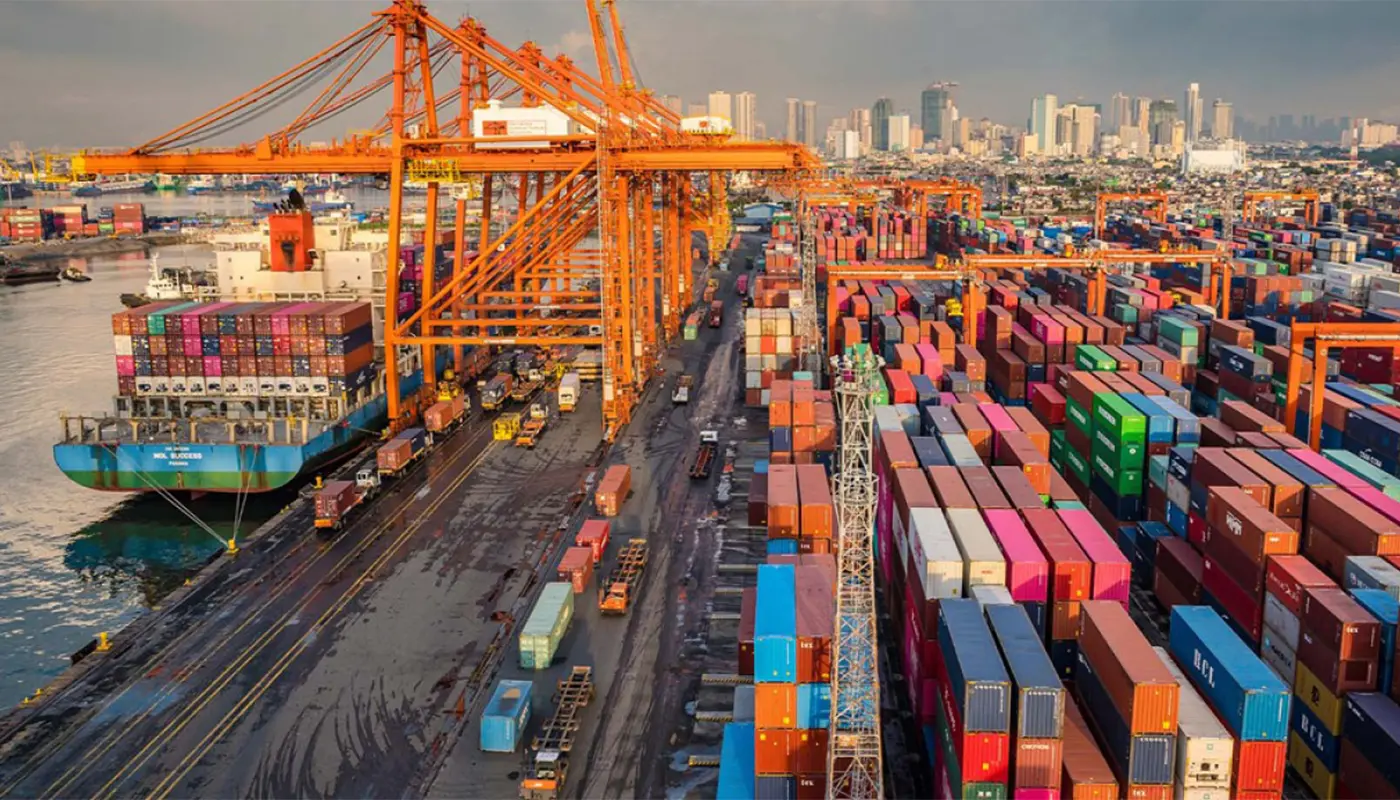MANILA – Philippine economic experts and business leaders are urging the Marcos administration to intensify preparations for potential trade negotiations with the United States should Donald Trump win the upcoming November presidential election, specifically focusing on his proposal for a universal 10% baseline tariff and a potential 60% levy on Chinese goods, which could indirectly impact the Philippines via the “China tariff.”
The call to action stems from Trump’s repeated campaign pledges to impose sweeping tariffs if he returns to office. His proposals include a baseline 10% tariff on all imports entering the US, coupled with a separate, aggressive tariff of 60% or more specifically on goods from China.
While the Philippines is not the primary target of the China-specific tariff, analysts warn of significant “collateral damage.” Many Philippine export sectors are deeply integrated into regional supply chains involving China. Key exports like electronics components, machinery parts, and manufactured goods often involve Chinese inputs or intermediate processing before final shipment to the US.
“The proposed 60% tariff on China is the bigger, more immediate concern for Philippine exporters embedded in those supply chains,” stated Dr. Maria Luisa Cruz, senior economist at the Ateneo Centre for Economic Research and Development.
“Even the baseline 10% ‘universal tariff’ would increase costs for our direct exports like garments, agricultural products, and electronics. The administration needs to double down on preparatory work – mapping vulnerabilities, quantifying potential impacts, and formulating strategic responses.”
President Ferdinand Marcos Jr. acknowledged the potential challenge earlier this week. He confirmed his economic team was reviewing the Philippines’ trade relations with the US and preparing for various scenarios, including potential negotiations under a Trump administration. “We are looking at the trade relations between the Philippines and the United States, and we are preparing for any eventuality,” Marcos stated.
The Philippine Exporters Confederation (Philexport) has echoed the call for proactive engagement. “We cannot afford to be reactive,” emphasized Sergio Ortiz-Luis Jr., Philexport President. “The government must immediately initiate high-level consultations with industry to identify precise pain points and develop concrete negotiation strategies. Doubling down on data and diplomatic groundwork is essential.”
Potential strategies being discussed include:
- Seeking Exemptions: Arguing for the Philippines to be exempted from the baseline 10% tariff based on the longstanding bilateral alliance and existing trade frameworks.
- Mitigating China Tariff Impact: Negotiating recognition for Philippine goods with minimal Chinese content or developing schemes to certify origin to avoid the steep China tariff.
- Leveraging the Alliance: Utilizing the robust security partnership as a foundation for constructive economic discussions.
- Exploring Alternative Markets: Accelerating diversification efforts to reduce over-reliance on the US market.
The US remains a top trading partner and a major export destination for the Philippines. Any significant new tariffs could dampen export growth, impact jobs, and increase costs for US consumers.
The Marcos administration faces pressure to move beyond reviews and into active contingency planning and pre-emptive diplomatic outreach to safeguard Philippine economic interests in the face of potential global trade shifts under a possible second Trump term.






